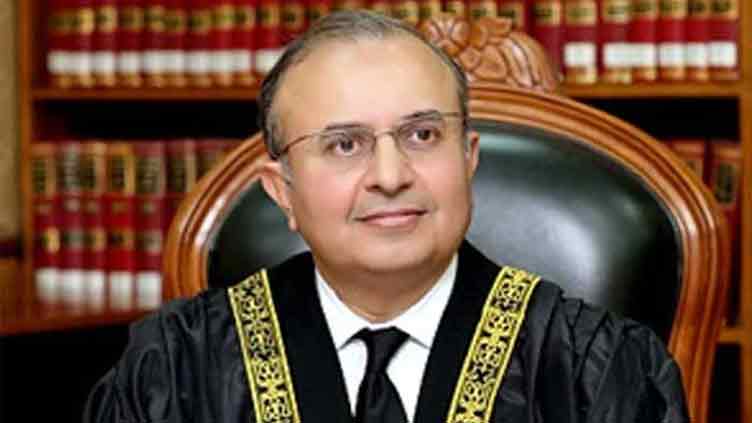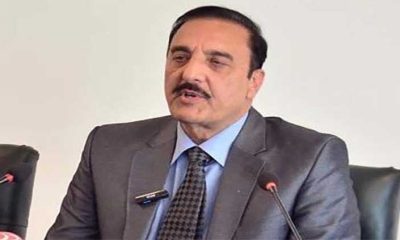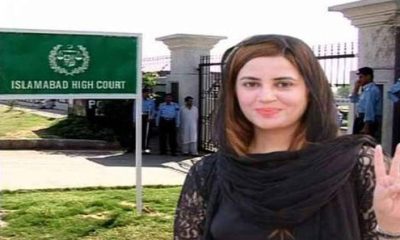pakistan
Justice Shah questions ‘unelected judges’ curbing powers of elected representatives

pakistan
Court reserves verdict on PTI founder’s bail plea in May 9 case
Court reserves verdict on PTI founder’s bail plea in May 9 case
pakistan
Rawalpindi court bins plea for initiating case against former commissioner Liaquat Chattha
Rawalpindi court bins plea for initiating case against former commissioner Liaquat Chattha
pakistan
IHC orders Zartaj Gul to appear before court with record in ECL name removal case
IHC orders Zartaj Gul to appear before court with record in ECL name removal case
-

 Sports3 months ago
Sports3 months agoSon and Bissouma ready for Spurs game with Brighton
-

 Fashion3 months ago
Fashion3 months agoGiorgio Armani catwalk blooms with florals at Milan Fashion Week
-

 Sports3 months ago
Sports3 months agoSinisterra signs long-term deal with Bournemouth
-

 World3 months ago
World3 months agoTaiwan ally Tuvalu names Feleti Teo as new prime minister
-

 pakistan3 months ago
pakistan3 months agoECP rejects Salman Akram’s plea for PTI affiliation
-

 pakistan3 months ago
pakistan3 months agoECP convenes emergency meeting today
-

 World3 months ago
World3 months agoTunisia court sentences ex-president Marzouki to 8 years in absentia
-

 Sports2 months ago
Sports2 months agoScaled-back opening ceremony for Paris Olympics to offer 326,000 tickets























